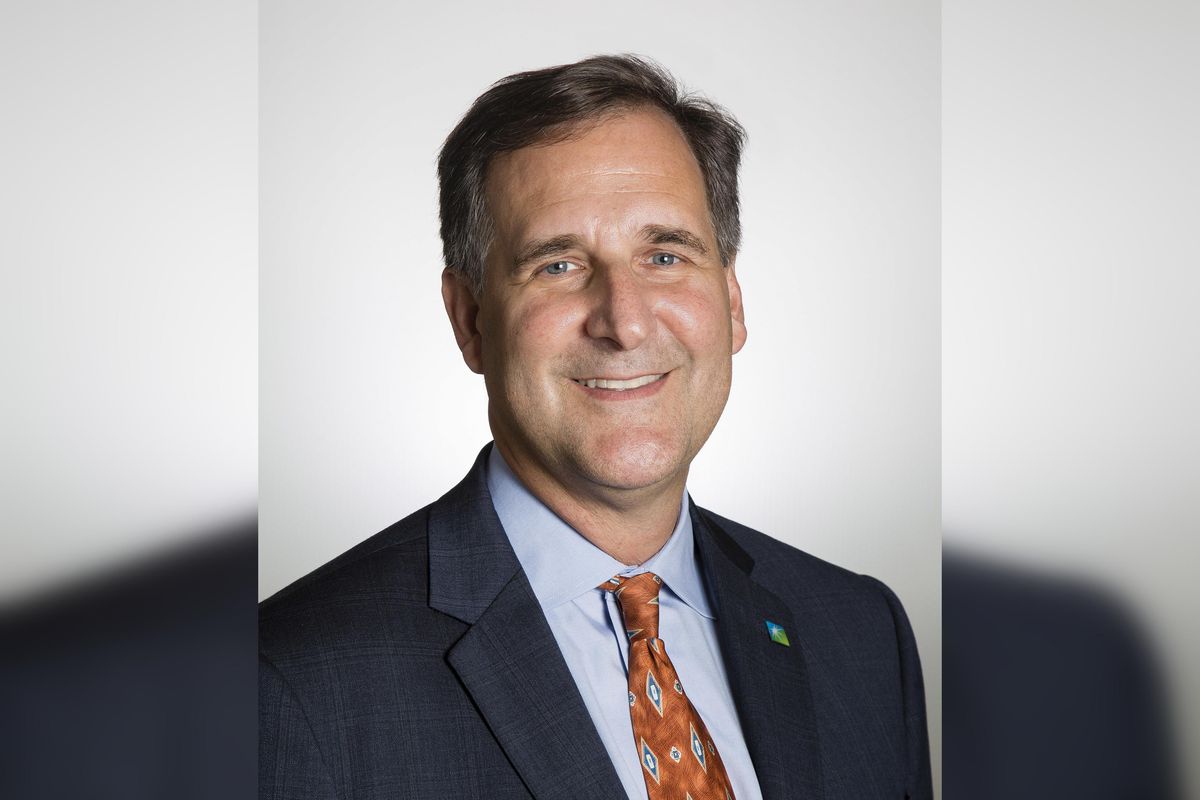Industrial blockchain tech company headquartered in Houston closes $4M series C round
money moves
Data Gumbo, a Houston-based tech startup, has picked up $4 million in a series C round from the venture capital arms of foreign energy companies Saudi Aramco and Equinor.
The funding for Data Gumbo came from Saudi Aramco Energy Ventures, the VC subsidiary of government-owned oil and natural gas giant Saudi Aramco, and Equinor Technology Ventures, the VC subsidiary of Norwegian energy operator Equinor. The U.S. headquarters for both Saudi Aramco and Equinor are in Houston.
Data Gumbo said in January that it had signed up Equinor as a customer.
Only last year, Data Gumbo announced it had raised a $7.7 million series B round with participation by Saudi Aramco, Equinor Technology Ventures, and VC and private equity firm L37, which has an office in Houston. The startup has hauled in $26.7 million in funding since its founding in 2016, according to Crunchbase.
Data Gumbo provides a contract platform, GumboNet, that is powered by blockchain technology. The platform serves more than 180 corporate customers in the oil and gas sector. The startup says the funding will enable it to expand its contract automation offering beyond the energy industry.
“While we started in energy, we already have value for bulk commodity haulage, trucking and shipping, with plans to parlay our momentum into other global industries,” says Andrew Bruce, founder and former CEO of Data Gumbo. “Wherever two or more organizations share a contractual relationship that can be verified with a digital source of data, opportunities abound to realize efficiencies and cost savings utilizing our blockchain network.”
Frank Andrasco, senior investment director at Saudi Aramco Energy Ventures, says Data Gumbo’s platform “has broad industrial applicability.”
The announcement of the $4 million funding round comes on the heels of William Fox being named CEO of Data Gumbo in July. Fox had been the startup’s chief product officer.
“The partnership with Equinor and Saudi Aramco, and their associated supply chains and partnerships, will continue the momentum for the Data Gumbo’s smart contract network,” Fox says.
Earlier this year, Data Gumbo announced the opening of an office in Saudi Arabia. Data Gumbo’s headquarters is at The Cannon’s coworking space in the Energy Corridor. It also maintains offices in Norway and the United Kingdom.




 Apple doubles down on Houston with new production facility, training center Photo courtesy Apple.
Apple doubles down on Houston with new production facility, training center Photo courtesy Apple.